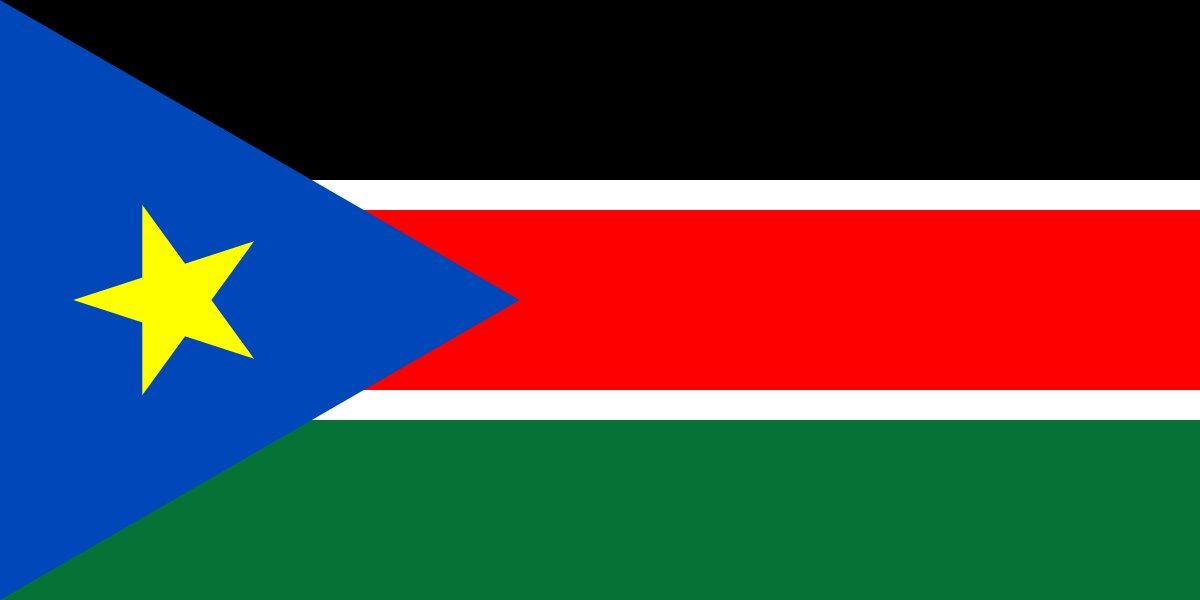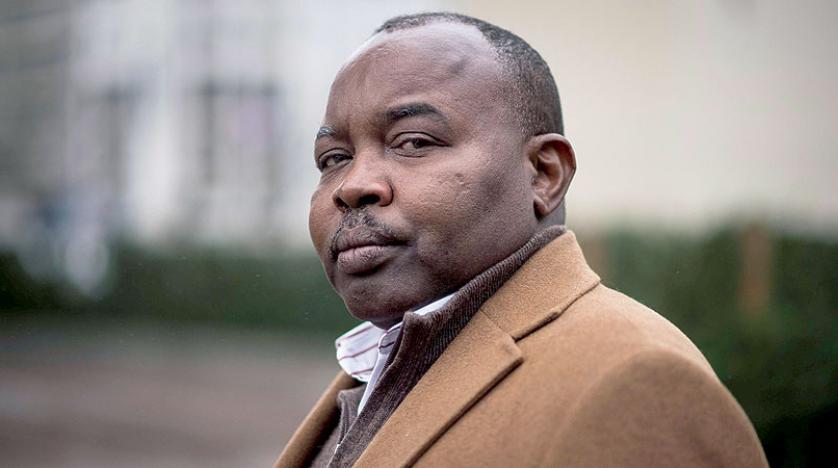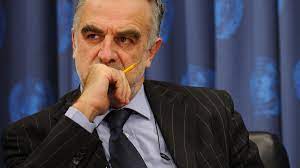cirle 1
Selected Op-ed 1989 -2020 (in English)
-
Read more: The difficulties awaiting the new South Sudan -
Read more: Mr Al-Al-Nur wailing on the wrong Wall abandoning the three cards Monte trick -
Read more: No more Malesh we welcome the ICC move -
Read more: NO election and NO..NO to ICC postponement



